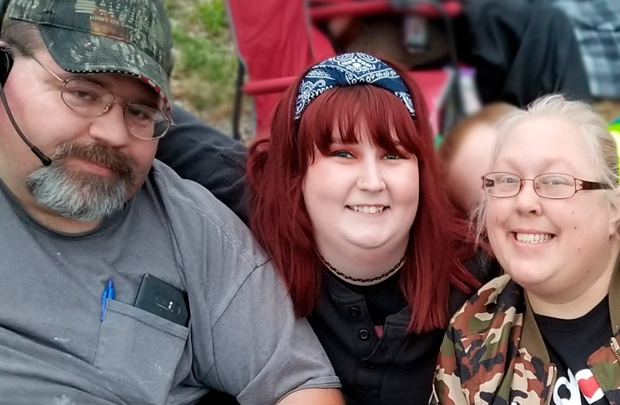
As a parent, you likely understand how important a trusting relationship with your child is. For children in foster care, trauma experiences make building a trusting relationship even more vital.
As adoptee Catherine Monet shares, “Kids in care have experienced trauma. They’ll be standoffish. I was like that. Don’t push yourself on them or demand that they share details about their emotions and experiences. Because they probably won’t trust you with their feelings at first. You need to demonstrate that you are trustworthy.”
How can you demonstrate your trustworthiness? Here’s what three sets of foster and adoptive parents have told us.
Be inclusive
Nikki and Mike adopted their daughter when she was 14. They built trust by “including her in everything we did, even the decisions we made. It was important to make sure she felt part of the family. That took a while, understandably, but over time the walls came down. We showed her that if we said we were going to do something, it actually got done. And we expected the same from her.” Hear more from Nikki and Mike.
Do not react
Rebecca Lahue adopted her daughter when she was a teen. Rebecca advises, “For kids in care, so much of the attention they’ve received has been negative, so that can be what they are looking for. I’ve had kids try to shock me by telling me about bad things they’ve done or asking off-the-wall questions they think I won’t answer. When I don’t get flustered, and I offer an age-appropriate response, it makes them take a step back. And, ultimately, I think it builds trust, so that when they truly do have an uncomfortable question or situation to share, they come to me.” Hear more from Rebecca.
Learn their behaviors and routines
Foster and adoptive parent Steve Combs has found that, “Children may tell you everything is fine when in fact they are struggling with something. You need to learn their behaviors and routines to get insights into what really is going on inside their heads until they feel safe enough to talk about it.” Hear more from Steve.